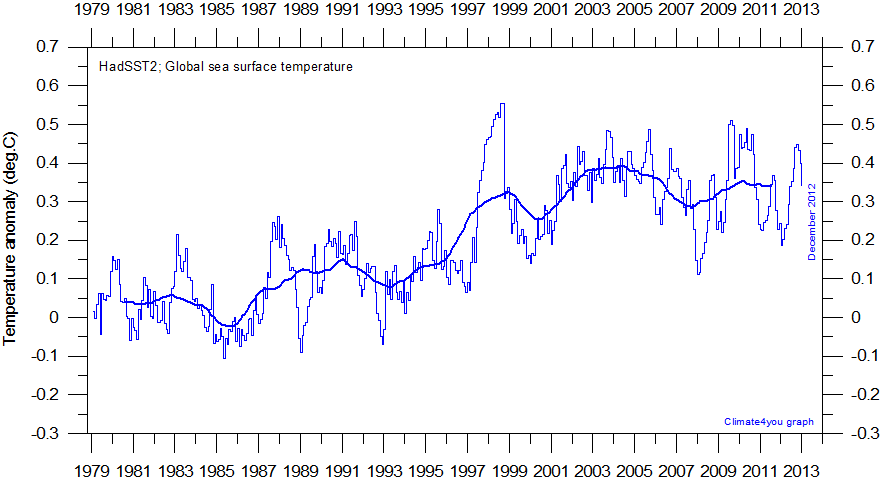No response? Come one, I'm 100% serious, I sign a statutory declaration that I will pay you $250,000 if climate change isn't real, you sign one saying that you'll pay me $250,000 if climate change is real and we'll reconvene in ten years' time.
Are you talking about Global Warming, or Climate Change?
How can you prove that Climate Change is real?
Hasn't it already been said here by others that CC - things such as increased/decreased Tornedo, Wind, Rain, Clouds, Tidal Waves, Earthquakes, Thunderstorms etc - no apparent evidence to support changes?
I know from my experience there hasn't been any change in the weather really since I can remember.
Went to Ireland in August, 2000 for 4 weeks - a bit of heat, a lot of cold and wind and rain - normal summer.
3 years in USA from 05-08 nothing happening there by all accounts. L.A was it's usual 300 days of blue sky.
They did have a poor year for snow up at Lake Tahoe though when we went there for a ski (still 2 metres though!

) - GW?
I can say though that this summer in Melb was a dud...no days over 40, had a bit of rain....so what?
Correspondingly; very cold winter in the USA and other parts...so what?
I wouldn't call any of those examples CC - just yer normal weather fluctuations.
I have a vivid memory of driving down to Frankston beach from the city after picking up my girlfriend from work on Feb 14th (my birthday) one summer. I was 19 - so; 35 years ago.
We were going down there for a Valentine's Day date/birthday celebration.
We were stuck in peak hour traffic on Nepean Highway, it was 5.30pm and stinking hot. The news came on the radio and the weather guy said it was 42 degrees....we stayed there until midnight, and the next day I heard on the news that many folks slept out on the beaches that night, because the tempo didn't drop below 30 degrees.
Would you call that - then this pathetic summer - CC?
1994 - March 26 - my Wedding Day - 35 degrees and a glorious Autumn Day. Too hot in the bag of fruit actually.
During the week preceding this day, almost the entire week was cold and raining non-stop...like frickin winter.
The good wife and I were getting very nervous - the wedding was an outdoor garden ceremony and reception.
Give us yer explanations on those examples. CC?
You blokes are gunna chime in now with; "Yeah; but that's only anecdotal..it's not science".
It may be anecdotal, but it doesn't make it any less real.
March is travelling below average, apparently....early winter? Hope not; the winters down here are too bloody long as it is.

